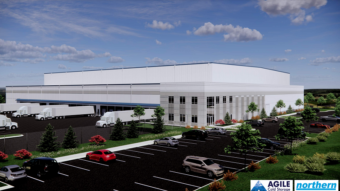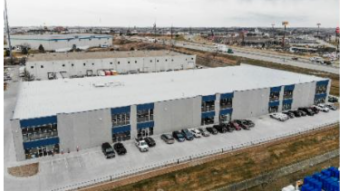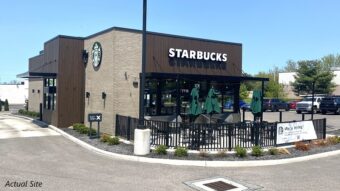According to a recent research report by Marcus & Millichap, the apartment market will see an increase in completions in 2012, but tenant demand will grow at a faster pace, reducing vacancy in Chicago for the third consecutive year. Also, occupancy and rents will strengthen throughout 2012 as newly employed residents move into rental housing, but the progress of developments through the supply pipeline will limit additional declines in vacancy beyond 2012.
Kyle Stengle, a senior associate at Marcus & Millichap’s downtown office, recently spoke with IREJ regarding the report as well as the outlook for the apartment market in 2012.
Q. Will the apartment market continue to be successful in 2012?
A. I personally believe that it will, and many of the owners who I’m meeting with feel very optimistic as well. I think the economy is improving and people are getting jobs. As things improve, I think there’s going to be a greater demand for apartments. Aside from the high rises that are being built in downtown Chicago, the supply is not changing in some of the neighborhoods.
Q. Will an influx of new projects test fundamentals?
A. Absolutely. At some point, the supply is probably going to outgrow the demand, so I think it will test fundamentals, but not in the near future. It depends on how many of these projects get financed.
Q. How likely are multifamily projects to receive financing?
A. For traditional apartment properties, there is financing available for qualified buyers. There are buyers and developers in the market who have relationships with local community banks that are financing acquisitions as well as rehabs. What I hear from other brokers who sell institutional apartments or from lenders is that there are more people who want to do projects than there is financing, but there is financing available.
Q. Will rents continue to rise in line with demand?
A. I think so. I did a survey of owners within the market, and 82 percent of those who took the survey were able to raise rents in 2011. I would say a similar, if not greater, percentage of them are anticipating raising rents this year.
Q. What economic conditions are driving the demand for multifamily?
A. I think that it’s job growth downtown. There are about 25 companies located downtown that plan to add jobs, and that can be anywhere from 100 to 500 or more jobs. I think as companies come into Chicago, any neighborhood surrounding the city will see a growing demand for multifamily.
Q. How will the condo market affect multifamily?
A. In some of the prime neighborhoods such as Lincoln Park, Old Town and Lakeview that are close to the lake, there is actually an extremely high demand for brand new construction. That’s simply high-quality product that’s brand new. There are a ton of second generation condos or older condos that are out there that have been hit very hard. There are quite a few rental condos available, and owners are able to hold onto those condos because rents have grown. As far as the new construction going up, it seems that the final buyer of that product is paying $600,000 to $800,000, and I don’t think that’s the typical renter pool. They’re either going to be buying a single family home or brand new condo in that price range. But any sophisticated developer or bank that has a high-rise that is vacant should be turning that into a rental.



